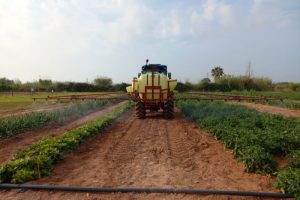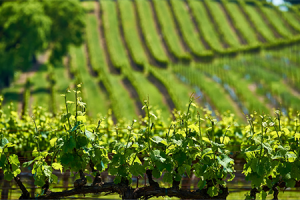- All
- Agricultura
- agrotech (antiguo)
- Agrotech (antiguo)
- Agua
- Alimentación, agricultura y medio marino
- Automoción
- Big Data
- Biomateriales
- blockchain
- Ciberseguridad
- Economía Circular
- Enertronic
- Enertrònica
- Food, agriculture and the marine environment
- Green Car
- IAQ
- ict
- Indoor air quality
- Industria 4.0
- Industry
- Inteligencia Artificial
- Internet of Things
- Materiales de frontera
- microxips
- Mobile Technologies
- Open innovation
- Óptica y fotónica
- Qualitat de l’aire interior (IAQ)
- Realidad Virtual y Realidad Aumentada
- Robótica y Visión
- Sector Salut
- Smart City
- Smart Grids
- Technology
- Tecnologías de Agrotech
- Tecnologías de Infraestructuras
- Tecnologías de la Energía
- Tecnologías de la Producción
- Tecnologías de la Química
- Tecnologías de la Salud
- Tecnologías de la Transformación Digital
- Tecnologías de Logística y Movilidad
- Tecnologías de los Materiales
- Tecnologías de Urbanismo y Sostenibilidad
- Tecnologías del Medio Ambiente
- Tecnologías Químicas y de la Alimentación
- Water
- X
- The Food Safety and Control Research Center (CRESCA) at the Universitat Politècnica de Catalunya – BarcelonaTech (UPC), in collaboration with the Aquamaris Foundation, has developed a system that allows irrigation using seawater without the need for filtration, desalination, or chemical treatment, both in agriculture and gardening. The new system enables the adaptation of ornamental garden plants and leafy vegetable crops, eliminating the need for fresh water entirely.
- The microÚs project, in which the Agricultural Machinery Unit (UMA) at the Universitat Politècnica de Catalunya - BarcelonaTech (UPC) participates, is designed to demonstrate the use of a certain formulation of copper-based microcapsules to increase the retention of this metal in leaves in intensive production of horticultural crops such as onion, lettuce and tomato. This enables a reduction in the use of the product and an improvement in the sustainability of the process.
- Combining agricultural activity and the production of solar energy by means of photovoltaic panels is the aim of SYMBIOSYST, a project promoted by a consortium of 16 European partners including the UPC. As part of this project, technological tools will be developed to contribute to generating clean energy for the agricultural sector in Europe.
- The production of biogas through anaerobic digestion has been increasing exponentially in Europe in recent years. This is because it can be produced locally and has a clear positive effect on waste recycling, the generation of clean energy, sustainable development or climate action. In this context, the FertiLab project was launched, with the participation of researchers from the Department of Agri Food Engineering and Biotechnology (DEAB) of the UPC.
- The greatest losses in the viticulture sector come from pathologies caused by fungi. Botrytis cinerea has the greatest economic impact, as it attacks all the green […]
- The Agricultural Machinery Unity (UMA) of the Universitat Politècnica de Catalunya - BarcelonaTech (UPC) has participated in the GOPHYTOVID project to develop an automatic, universal device for the variable application of plant health products, based on plant vigour maps.
- The Agricultural Machinery Unit (UMA) of the UPC is coordinating the national project Smart Spraying for Sustainable Vineyards and Olive Trees (PIVOS). The aim of the project is to demonstrate the benefits of smart spraying of plant health products for sustainable use of pesticides in vineyards and olive trees. These benefits include maintaining biological efficacy and reducing economic and environmental costs.
- Researchers at the Institute of Robotics and Industrial Informatics (IRI) and the Agricultural Machinery Unity (UMA) of the UPC are working on the European project CANOPIES,whose aim is to explore a new paradigm of collaboration between people and robots in the context of precision agriculture for permanent crops. The focus is the operation of harvesting and pruning dessert grape vines.









